- Home /
- PYGEUM, Prunus africana, 270mg x 100 veggie capsules
Pygeum (Prunus africana) is an evergreen tree of the Rosaceae family, which is found in the coastal areas of central and southern Africa, the island of Madagascar, the islands of Sao Tome and a number of other small islands in the region. Pygeum is the largest representative of its species, deciduous trees with large crowns, reaching 30-40 meters in height.
The bark of the tree has been used for healing purposes for centuries. It is a rich source of resins, fatty acids, phytosterols (beta-sitosterols), N-butylbenzenesulfonamide, tartaric acid, tannins and other healthy substances. Phytosterols, triterpenes and ferulic esters are the main biologically active ingredients in the pygeum cortex, which are responsible for the healing effect on the prostate gland.
Pygeum bark is used against various disorders of prostate function, such as benign prostatic hyperplasia (BPH) and prostate cancer. Due to the high concentration of antioxidants in its composition, it provides reliable protection for the overall health of the male body.
The results of a number of studies based on urological symptoms such as nocturia (night urination), pain, discomfort, etc., and urodynamic measurements on urine flow and prostate size, found that patients taking pygeum had a significant improvement in overall symptoms.
A study of the efficacy of pygeum extract in 50-75-year-old men with BPH, published in Current Medical Research & Opinion back in 1998 and lasting 60 days, found that pygeum intake led to improvements in symptoms and quality of life. Participants' condition was assessed 1 month after the study, and the results were quite encouraging - in the majority of the group, general symptoms such as frequent urination, including at night, pain and sexual dysfunction were reduced by more than 75%.
Other studies have found that certain specific compounds in the composition of the pygeum reduce the risk of prostate cancer. These compounds, scientists say, limit the development of cancer genes in prostate cells and block the transport of androgenic signals that cause cell growth in the prostate. In addition, pygeum extract promotes apoptosis, or in other words, cell death of altered prostate cells.
Composition of one capsule
Pygeum - 270mg.
Method of use and dosage
As a dietary supplement, take two capsules twice a day with water.
Food supplement
Do not exceed the recommended dose. Do not use in children under 18 years. Do not use as a substitute for a varied diet. Keep out of reach of children.
Contents of one capsule
270mg Pigeum.
Contents of daily dose
1080mg Pigeum.
Other ingredients
Gelatin.
Nutritional value of a food supplement
14 kcal / 100 g
Package
270 MG, 100 CAPSULES
Storage
Store in a cool, dry place out of direct sunlight.
Contraindications
Do not take this product if you are taking prescription antidepressants or if you are pregnant or breast-feeding. Consult your doctor before use.
Manufacturer
HERBTM
You may also be interested in the following product(s)
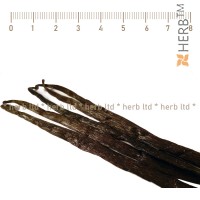
Vanilla, Vanilla Plantifolia, pod, HERB TM
Price:
€10.04
|
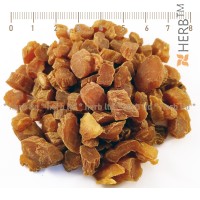
Ginseng root red, 5 years old - cut, Panax ginseng С. A. Мey., root, HERB TM
Price:
€9.88
|
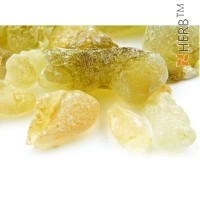
Mastic, Chios Mastic Gum, Mastiks, Herbal Resin, HERB TM
Price:
€10.19
|
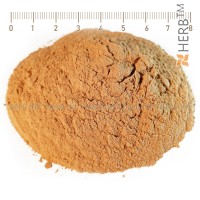
Ginseng root red, Panax ginseng, powder, HERB TM
Price:
€11.63
|







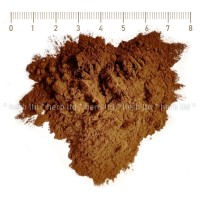
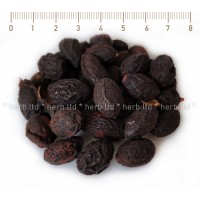
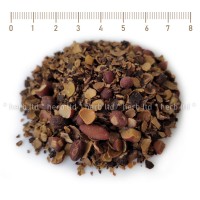
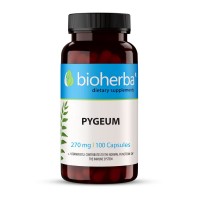
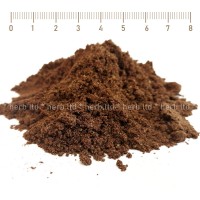
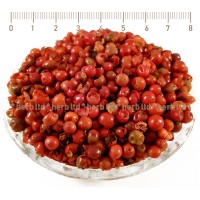
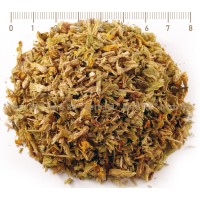
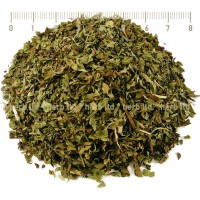






